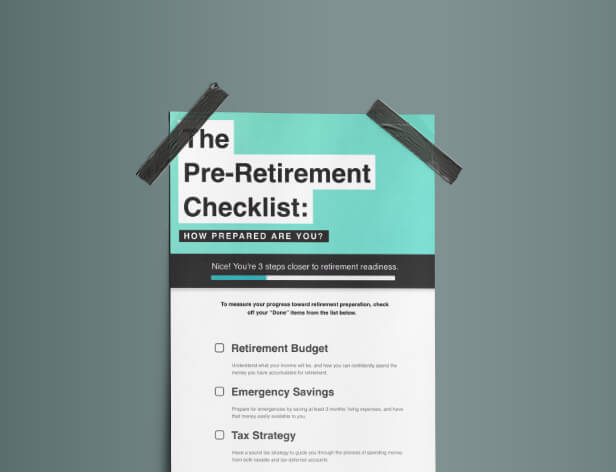Retirement Planning With Your Special Needs Child in Mind

Most parents will tell you: once a parent, always a parent. Many parents of children with special needs carry the full meaning of that phrase for their whole lives. The ramifications of having a special needs child ripple through every aspect of family life, including retirement planning. Many parents find themselves working more years than they had wanted to in order to make up for child related expenses their assets diverted from their retirement savings. Their whole retirement planning process is made more complex with the added layer of planning for their child’s future and well-being when they, themselves, are no longer around.
The Special Needs Trust
A supplemental needs trust is often the primary tool to provide for a special needs child while protecting government benefits such as Supplemental Security Income and Medicaid. Such a trust is established to manage assets for a beneficiary, in this case a child with special needs. The assets are usually beyond the reach of creditors of the child and parents, are for the benefit of the child but are not owned by the child. Assets in the trust may be used to pay for rehabilitation, educational services or medical services not covered by other sources. They can be used towards quality-of-life enhancements such as entertainment or vacations but cannot be used to pay for services that a government program normally covers.
Funding a Special Needs Trust
Most special needs trusts are empty when established and are expected to receive future funding, usually the proceeds of life insurance. Some financial planners and lawyers recommend not funding it until the death of both parents. While usually funded by life insurance proceeds, the trust can also be funded by cash gifts or investments such as retirement fund proceeds or individual retirement accounts (IRAs) if the IRA custodian allows it. Funding can also be accomplished through specific instructions left in a will where you can make sure that your assets are left to the trust and not directly to your child.
Regardless of the source of funds, it’s very important to name the trust as the recipient for the benefit of the child. Well-intentioned family members may want to help by leaving money directly to the child, but this could be a potentially costly mistake. Such direct bequests could jeopardize government benefits he or she may be receiving.
Planning is Critical
Medical and technological advances have been and continue to occur at a rapid pace changing, and for the most part improving the lives and life expectancies of children with special needs. Planning by parents is ever more critical. Yet establishing a special needs trust and drafting the accompanying will is not a do-it-yourself project. If you are the parent of a special needs child, you should consider working with a local lawyer and a financial professional familiar with the appropriate laws and resources, which vary from state to state. No matter when you plan your retirement, you will have gained some peace of mind knowing plans are in place for your special needs child.
Brought to you by The Guardian Network © 2019. The Guardian Life Insurance Company of America®, New York, NY.
2019-83069 Exp. 7/21
DISCLAIMERS:
Guardian and its affiliates, subsidiaries, employees, agents, and outside contributors, are not authorized to provide legal, tax, or investment advice in the materials of this website including but not limited to any blogs. The information provided does not constitute a solicitation of an offer to buy or an offer to sell financial or insurance products. Individual situations can vary; please contact a financial professional, your tax, investment or legal advisor for guidance and information specific to your situation. Guardian is not responsible for the consequences of any decisions or actions taken in reliance upon or as a result of the information provided by this material. To learn more about Guardian, visit GuardianLife.com.



